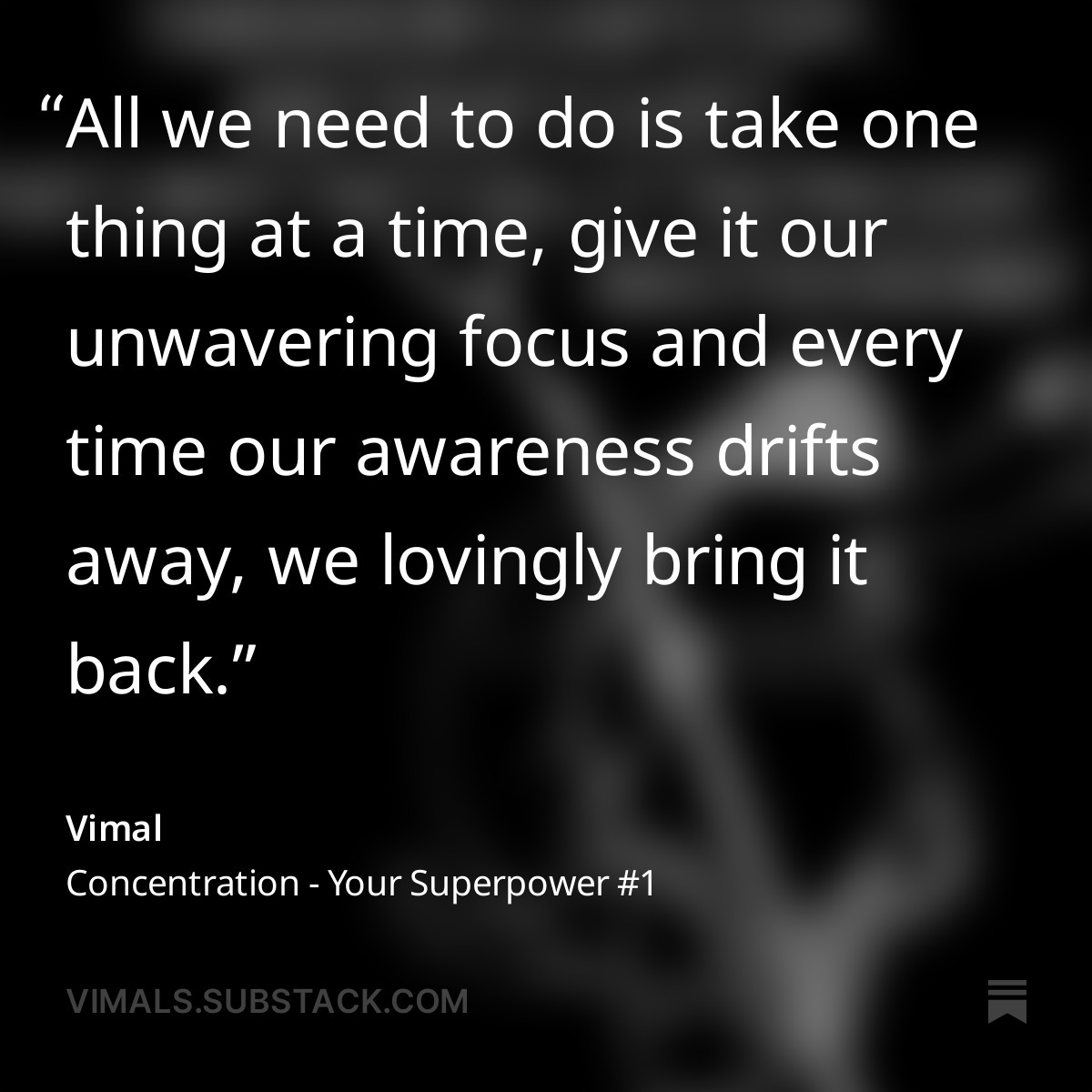To understand how to think clearly, let’s first explore why we struggle with it. Recognizing these obstacles will reveal the solutions.
Our minds are often overloaded with thoughts, muddying our clarity. Imagine if this post were filled with countless ideas—it would become confusing. Similarly, when our minds are crowded, clear thinking becomes difficult.
Life is filled with uncertainty and ambiguity. Thinking is easy when we know something well, but unknowns cloud our thoughts.
Focused thinking, which requires mental energy, can be taxing—and the brain tends to avoid it.
We’ve spent many years practicing distraction, and as a result, we lack focus. Distractions happen partly because our senses stimulate certain thoughts, initiating a chain of subsequent thoughts. Soon we drift away. This scattering of thoughts disrupts clear thinking.
The solution is surprisingly simple:
Don’t overcrowd your mind; Do fewer things. It’s unrealistic to expect we can do many things well. Oracle founder Larry Ellison expressed a similar idea, and I echo his thoughts here.
Limit the information you consume, including TV and social media.
Also, avoid watching too much inspirational stuff. It makes us want to do too many things, which is unrealistic.
Develop an explorer’s mindset. Be willing to step into the unknown. Learn to be comfortable with being uncomfortable.
Thinking is hard because it requires both cognitive energy and the courage to face uncertainty. Therefore, embrace uncertainty, accept vulnerability, and be willing to fail.
Practice focused thinking.
Break complex tasks into smaller, manageable steps to reduce mental load.
Set short-term goals and take brief breaks (e.g., 25 minutes of focus, 5-minute break).
Gradually build capacity for sustained focus without overwhelming the brain.
Practice concentration. Read more on - “How to”.
Consider these simple hacks for clearer thinking:
Try Meditation - it helps the muddy water settle. The technique is very simple - focus on your breathing and observe your thoughts, like watching leaves moving in the wind.
Write things down. Keep notes; it helps to reflect and refine.
Our best thinking often happens early in the morning, during walks, in the shower, when we’re well-rested, and when we’re in nature.
Clear thinking requires genuine interest in the topic. Staying focused on what we love keeps us engaged.
Organizing our thoughts is a long-term discipline.
Emotions can disrupt our thinking. Managing them well is essential.



Nice article! Can you also write one that goes more in depth on meditation?
I think it would be very useful to us if you post short guided meditation narrated by you — just a thought 😊